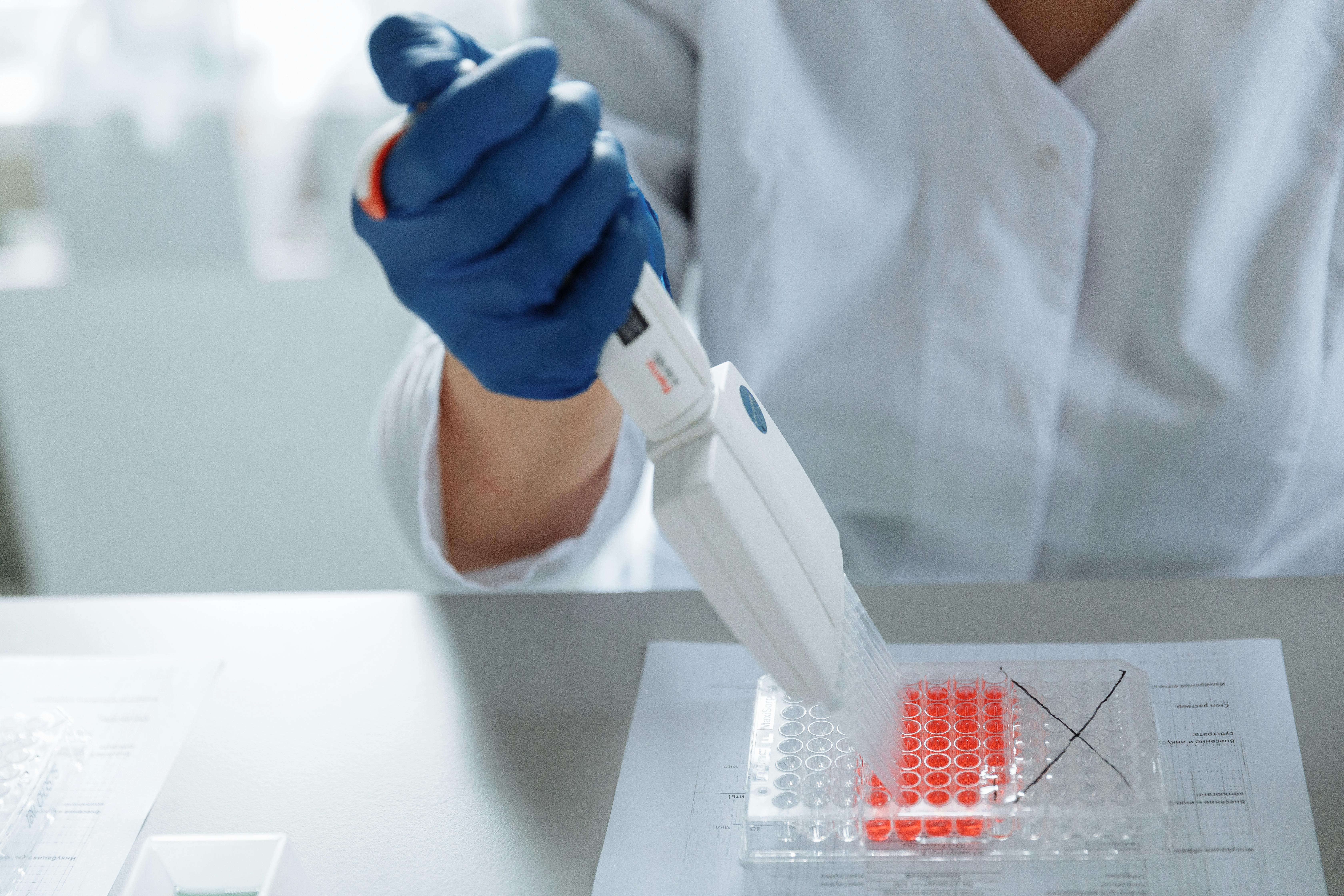
How Modern Day DNA Technology Can Affect Criminal Cases
Loose hair, blood tests, fingerprints — all of these are well-known vessels for obtaining DNA samples used by law enforcement. But have you ever considered the DNA you leave on everyday trash? Every time you throw trash away in a public receptacle, the police have free reign to “surreptitious DNA collection,” which means they can collect DNA from garbage without consent.
In the past, law enforcement could only compare crime scene DNA to their criminal database, established by former incarcerated individuals (or innocent parties who were found not guilty during their trial). With new technological advancements, the law can now gather DNA from the tiniest samples, including saliva and skin flakes — all objects you would expect to find in a trash bin.
Notable Criminal Cases Where DNA Identified A Prime Suspect
While these cases describe how law enforcement uses DNA, two out of three are still ongoing, therefore, they are the alleged perpetrators and defendants. Until their trial, these individuals remain innocent until proven guilty. That being said, let’s explore a few infamous murder cases where the police used modern day technology to identify suspects.
Joseph James DeAngelo, “The Golden State Killer”
Everyone who lived in California during the 70’s or 80’s knew about the Golden State Killer — a serial killer, rapist, and burglar who terrorized the state. But the case went cold after his last known murder of Janelle Cruz.
Despite leaving behind DNA evidence at the crime scene, law enforcement had no means of matching it to someone. Since the Golden State Killer had never been arrested, the database of DNA from incarcerated individuals couldn’t identify the perpetrator.

But decades later, investigators had new technology and began building a family tree from the DNA left at each crime scene. By process of elimination, Joseph James DeAngelo was identified as the possible Golden State Killer.
One discarded tissue later, law enforcement arrested DeAngelo for a positive DNA match to the Golden State Killer crimes. Arrested in 2018, charged in 2020, DeAngelo will serve life in prison.
Bryan Kohlberger, Alleged Murderer Of The University Of Idaho Students
Bryan Kohlberger currently awaits trial for the murder of four University of Idaho students, and recently, the prosecution has released information that seemingly incriminates Kohlberger — DNA evidence from a knife sheath left at the crime scene.
All four students died from fatal stab wounds. While the original knife has thus far not been recovered by law enforcement, a knife sheath with DNA that matches the suspect in custody will be a key piece of evidence during the trial.

But how did the police find Kohlberger? Trash obtained from his family home. Law enforcement was working off of other details, such as the suspect’s car model and cell phone data, but the positive DNA match cemented their case to arrest Kohlberger. Stay tuned for additional updates when this case goes to trial later this year.
Luigi Mangione, Alleged Killer Of The UnitedHealthcare CEO
A few weeks ago, Hickey & Hull covered the current events regarding Luigi Mangione, the suspected UnitedHealthcare CEO shooter. Previously, it had been noted that law enforcement collected DNA samples from the garbage to help identify the shooter. But new details have come to light showing that the police collected Mangione’s DNA sample by other means.
According to Mangione’s defense attorneys, law enforcement provided Mangione with a snack at the police station, which was later used to collect his DNA sample. While his defense is arguing his DNA was illegally retrieved, we’ll have to see how everything plays out in court once Mangione’s trial begins.
How To Find A Criminal Attorney In Arkansas
Do you need a trustworthy criminal lawyer to represent you in court? Call the law offices of Hickey & Hull. With five offices around Arkansas state, our professionals have helped many clients prepare for their day in court.
The longer you wait, the less time an attorney has to assist you — Contact us and schedule your initial consultation today.
